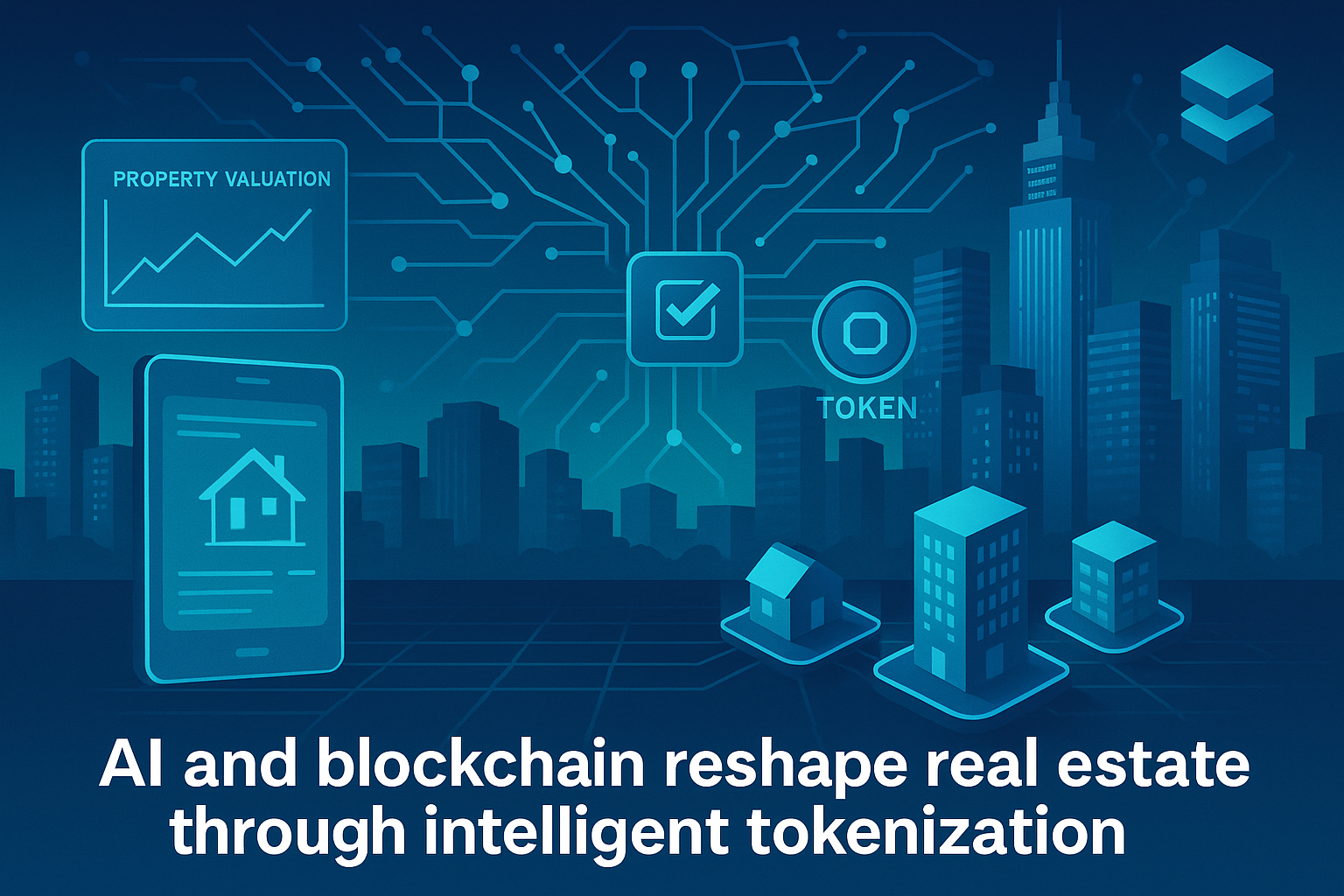The real estate investment sector is undergoing a transformative shift. What once relied heavily on traditional crowdfunding is now embracing the potential of blockchain technology and asset tokenization. This evolution is not only making property investments more accessible but also introducing unprecedented levels of transparency and efficiency.
The Rise of Traditional Real Estate Crowdfunding
Crowdfunding revolutionized real estate investment by allowing individuals to pool resources and invest in properties collectively. Platforms like Fundrise and RealtyMogul simplified the process, enabling investors to own fractions of properties without needing significant capital. This model democratized access to real estate, previously reserved for high-net-worth individuals or institutional investors.
However, traditional crowdfunding has limitations. Transactions can be slow, administrative costs high, and transparency often lacks due diligence. These challenges have paved the way for a more advanced approach: tokenization.
What Is Tokenization?
Tokenization is the process of converting ownership rights of an asset into digital tokens recorded on a blockchain. Each token represents a share of the asset, enabling investors to buy, sell, or trade their tokens as they would with stocks or cryptocurrencies.
In the context of real estate, tokenization allows properties to be divided into smaller, tradable units. This innovation opens up opportunities for investors worldwide to participate in the real estate market without geographical or financial barriers.
Advantages of Tokenization Over Traditional Crowdfunding
- Greater Liquidity
- Traditional real estate investments often tie up funds for extended periods. Tokenization introduces liquidity by allowing tokens to be traded on secondary markets, providing investors with quicker access to their capital.
- Enhanced Transparency
- Blockchain technology ensures that all transactions are immutable and easily auditable. Investors can track their investments and property performance in real-time, fostering trust and reducing the risk of fraud.
- Lower Entry Barriers
- Tokenization enables fractional ownership, allowing investors to participate with smaller amounts of capital. This inclusivity broadens the investor base and promotes financial diversification.
- Reduced Costs and Efficiency
- By eliminating intermediaries such as brokers and lawyers, tokenization significantly reduces administrative costs. Smart contracts automate processes like dividend distribution and property management, enhancing overall efficiency.
Real-World Examples of Tokenized Real Estate
- Aspen Digital (Aspen Coin): This project tokenized the St. Regis Aspen Resort in Colorado, offering investors the opportunity to own a fraction of the luxury property.
- Slice Market: A platform enabling European investors to access tokenized U.S. real estate, bridging international investment gaps.
- RealT: A U.S.-based platform that allows investors to buy tokenized rental properties, earning dividends through rental income.
Challenges and Considerations
While tokenization presents immense potential, it is not without challenges:
- Regulatory Uncertainty
- The legal frameworks governing tokenized assets vary across jurisdictions, creating complexities for cross-border investments.
- Market Volatility
- As with any blockchain-based asset, tokenized real estate is subject to market fluctuations and potential investor skepticism.
- Technological Barriers
- The adoption of blockchain technology requires robust infrastructure and education to ensure widespread acceptance.
The Future of Real Estate Investment
The transition from traditional crowdfunding to tokenization marks a pivotal moment for the real estate industry. As blockchain technology matures and regulatory clarity improves, tokenization is poised to become a mainstream method for property investment.
This shift not only democratizes access to real estate but also aligns with the broader trend of digital transformation across industries. For investors, developers, and platforms, embracing tokenization offers a chance to stay ahead in a rapidly evolving market.
From traditional crowdfunding to blockchain-powered tokenization, real estate investment is entering a new era. By combining accessibility, transparency, and efficiency, tokenization is redefining how we think about property ownership and investment. While challenges remain, the potential benefits far outweigh the hurdles, making this an exciting time for the sector.
For those looking to explore alternative investments, tokenized real estate represents an innovative and promising frontier.




